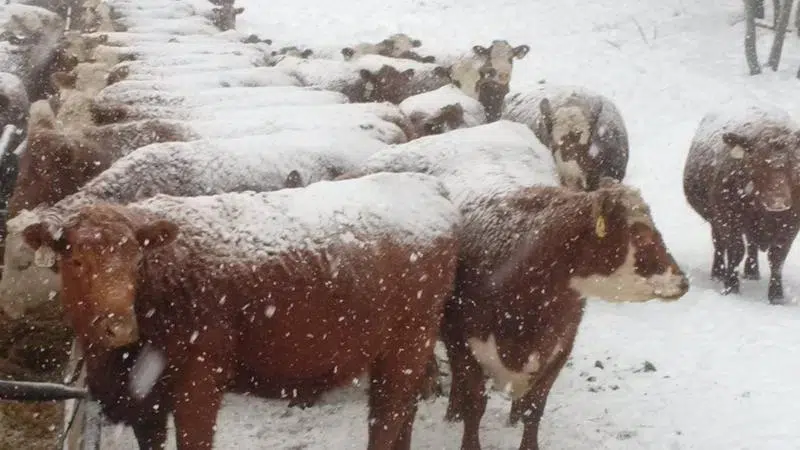
Producers face new transport regulations
Proposed changes to the laws governing how livestock are transported in Canada, are receiving some mixed reviews from groups representing Saskatchewan producers.
The changes released last week by the Canadian Food Inspection Agency (CFIA) include shortening the distance cattle can travel without feed and water to 36 hours from 48. Chad MacPherson, General Manager of the Saskatchewan Stockgrowers Association, said he had a number of concerns with the changes, which included financial impacts. He explained 300,000 head of Western Canadian feeder cattle are exported to Ontario each year and with them having to stop additional times, there will be added costs for the trucking industry as well as the producers themselves.
“It will influence Ontario feed lots in what they can pay for Western Canadian feed cattle, so it may take them out of the market or reduce what they are able to pay,” he said.


